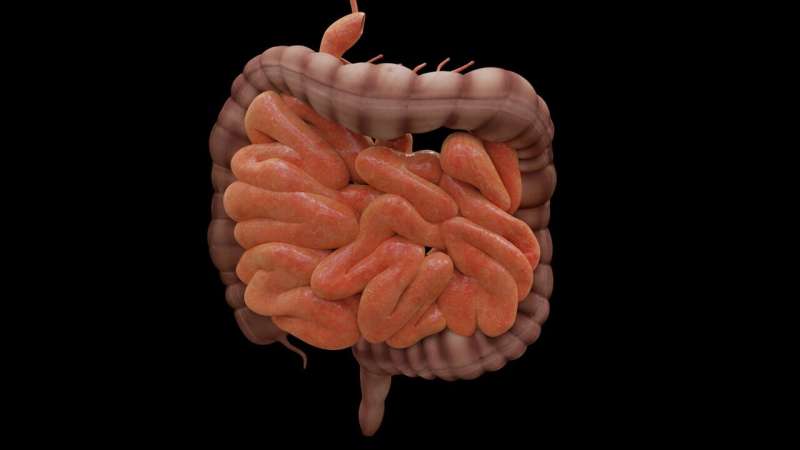
Fecal microbiota transplants (FMT) have been heralded as a revolutionary solution for a wide array of health issues, from inflammatory bowel diseases to obesity, type 2 diabetes, and even autism. Yet, recent findings from the University of Chicago raise red flags about their broader application, questioning the potential for long-lasting and unintended consequences.
The Dual Edge of FMT
The findings, detailed in the study "Regional microbiota mismatches from fecal microbiota transplants promote persistent, off‑target consequences to the host," published in Cell, underscore the complexities involved in FMT. This procedure involves transferring microbes from the stool of a healthy donor to a patient in an effort to restore a healthy balance in the gut microbiome.
Understanding the Risks
While FMT has gained traction particularly for treating recurrent infections caused by Clostridium difficile (C. diff), its expanding use in treating other conditions may be premature. Many are unaware that the gut is not a uniform environment; rather, it consists of differently specialized regions, each hosting its unique microbial ecosystem essential for optimal health.
“We just study predominantly the last third of the intestine,” remarks Orlando (Landon) DeLeon, Ph.D., the study’s lead author. This insight prompts a critical question—can we genuinely expect FMT, sourced primarily from the colon, to resolve issues elsewhere in the intricate web of our digestive system?
FMT: A Deeper Dive into the Research
The Study Methodology
Researchers explored the impacts of different sources of microbial transplants in a series of experiments with mice. The findings reveal significant implications:
- Transplants from the jejunum (the first part of the small intestine) versus conventional FMTs from the colon demonstrated the potential for long-term microbial colonization in the entire intestinal tract.
- The resulting mismatches in microbial distribution persisted for several months and altered metabolic processes, perhaps even the behavior, of the host.
This raises concerns about an unexpected ‘terraforming’ effect—the invading anaerobic microbes tailored their new environment to better fit their needs, thereby potentially disrupting the host’s natural functions.
The Need for Caution
Warnings from Experts
Chang articulates pivotal concerns stating, “We have absolutely no idea what’s in FMT… but even a single FMT will cause significant changes.” Such drastic alterations to the host-microbe relationship could introduce unforeseen health risks that might be challenging to reverse.
Advocating for an Omni-Microbial Approach
In light of the potential issues, both DeLeon and Chang advocate for a novel strategy called "omni-microbial transplants" (OMT). This forward-thinking approach would utilize microbes from various regions of the gut rather than being limited to those from the colon.
“If there’s an open space, something’s going to fill it,” DeLeon states, emphasizing that regional microbes are naturally inclined to inhabit the spaces they are best suited for, enhancing overall health benefits.
Unpacking the Future of FMT
What Lies Ahead?
Researchers are delving deeper into how diverse microbes influence gut health across different locations. Using advanced techniques like single-cell sequencing and metabolomics, DeLeon aims to unravel how imbalances can be corrected, potentially paving the way for safer, more effective microbial transplant applications.
Conclusion: A Balanced Perspective
While fecal microbiota transplants hold immense promise, the potential health risks cannot be undervalued. As researchers continue their quest to understand the complex interactions within our gut ecosystems, caution is warranted in the enthusiasm surrounding FMT.
For more information, read the original research here.
Additional Resources
- Microbiome mismatches from microbiota transplants lead to persistent, off-target metabolic & immunomodulatory effects, Cell (2025). DOI: 10.1016/j.cell.2025.05.014
- Medical Xpress: Cell Journal






